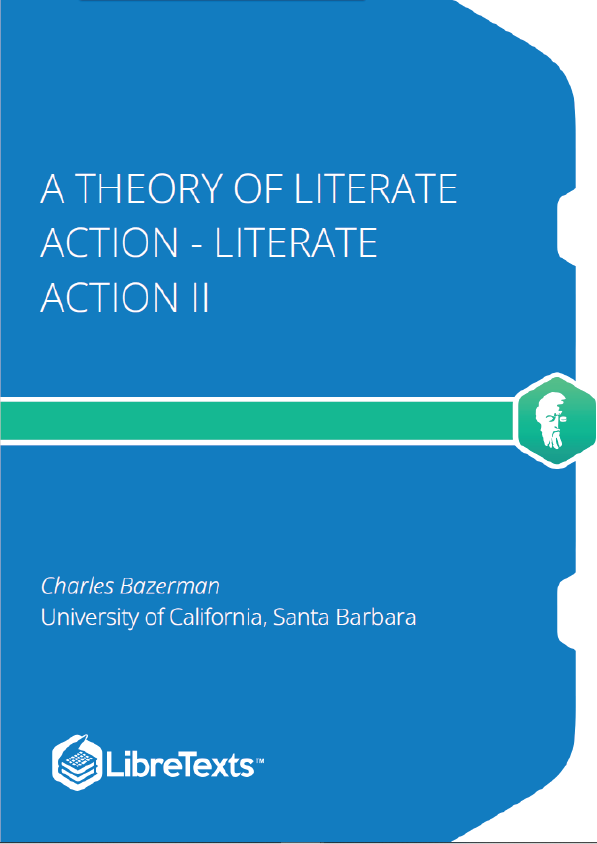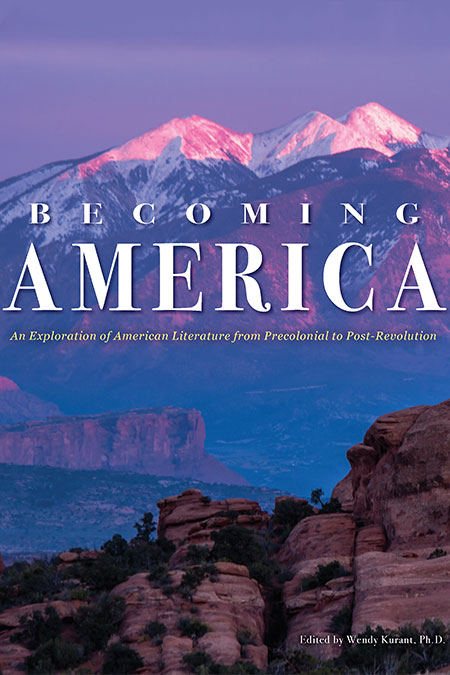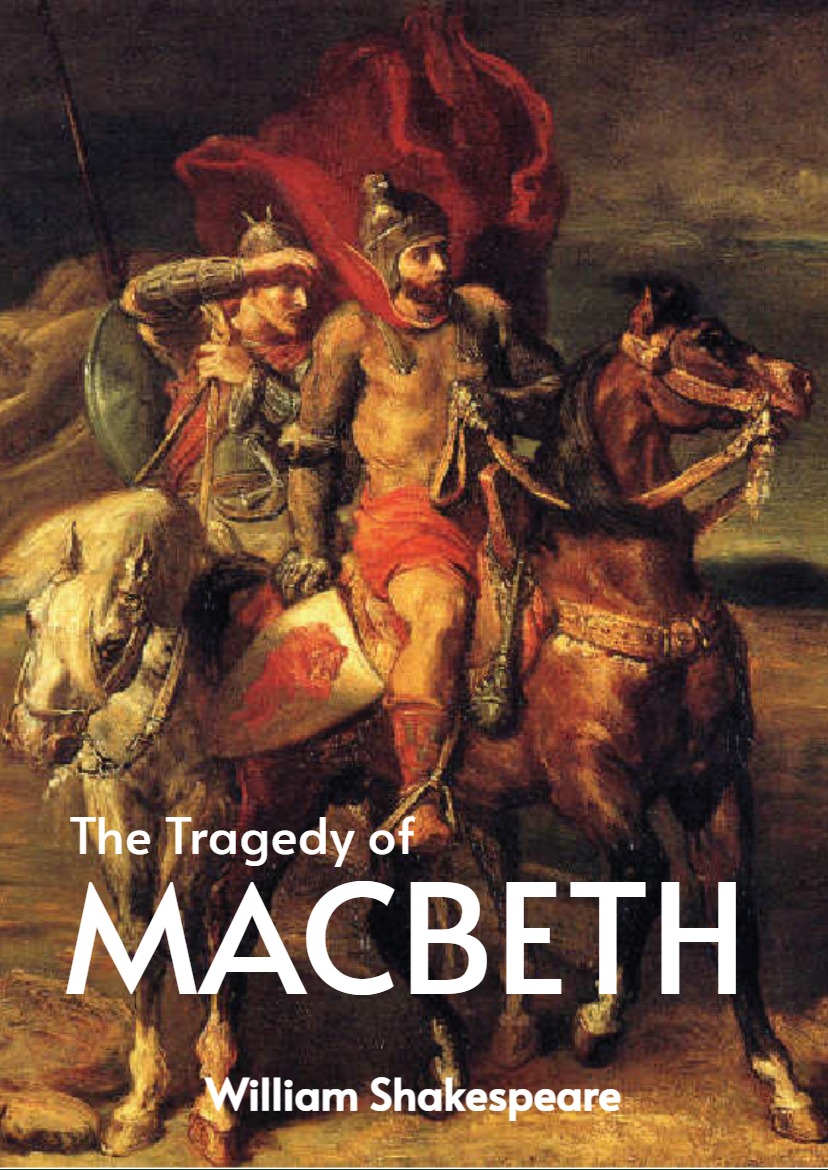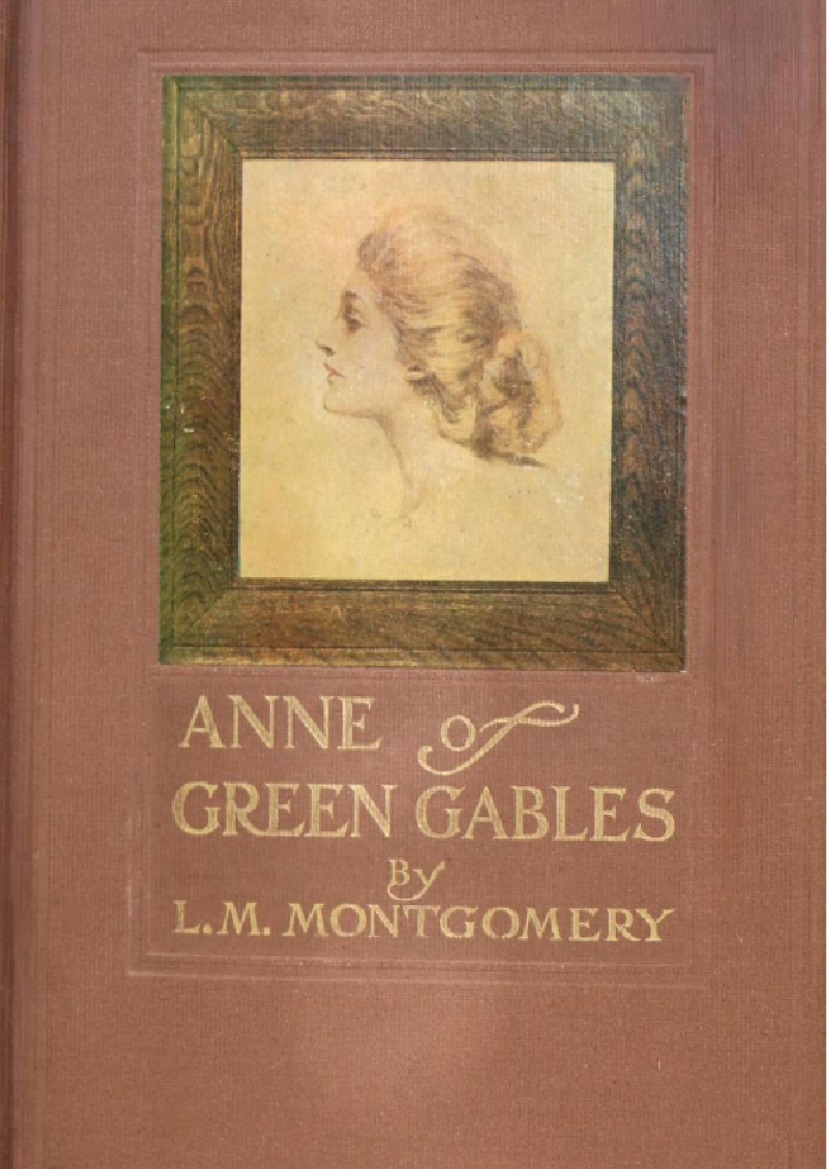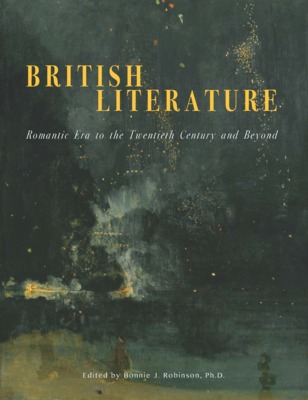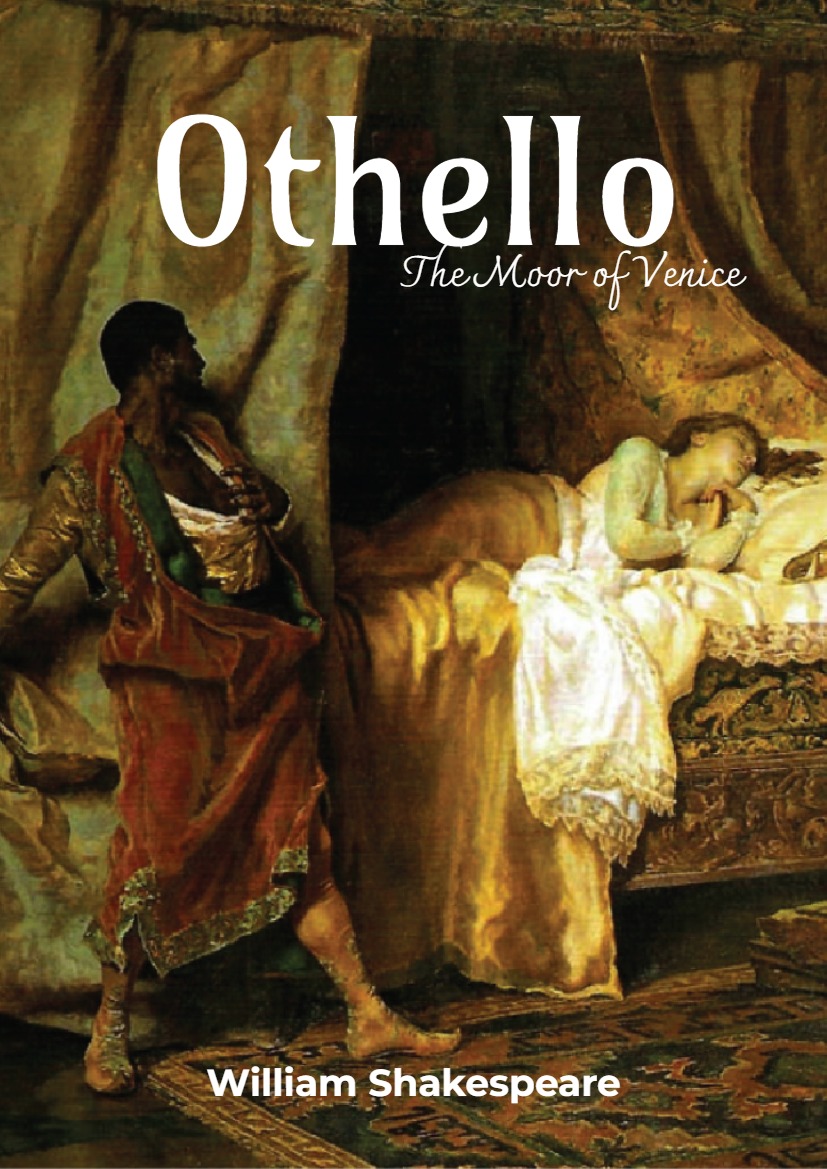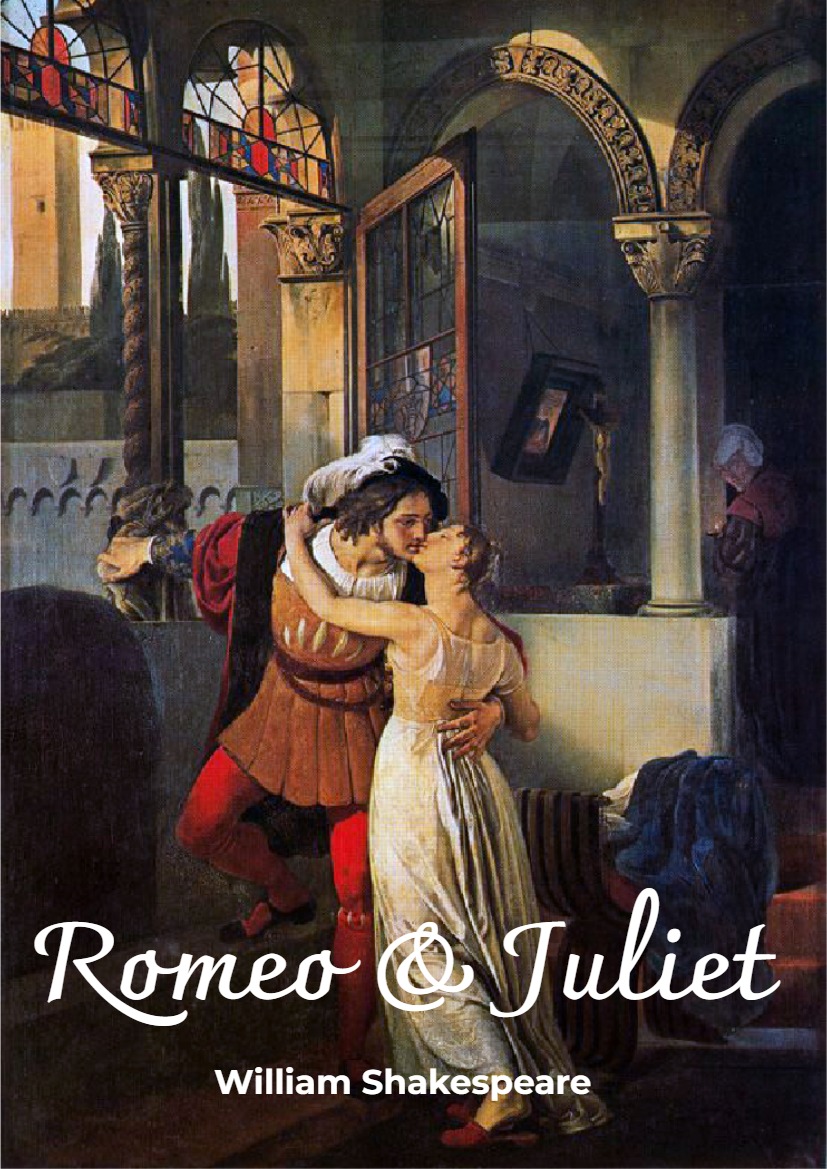The second in a two-volume set, A Theory of Literate Action draws on work from the social sciences—and in particular sociocultural psychology, phenomenological sociology, and the pragmatic tradition of social science—to “reconceive rhetoric fundamentally around the problems of written communication rather than around rhetoric’s founding concerns of high stakes, agonistic, oral public persuasion” (p. 3). An expression of more than a quarter-century of reflection and scholarly inquiry, this volume represents a significant contribution to contemporary rhetorical theory.
Introduction
Aristotle set the terms for rhetoric over 2500 years ago. Classical rhetoric established a powerful, useful, and enduring set of concepts for producing and critically evaluating persuasive statements in the public sphere. Its concepts provide means of reflective understanding and choice-making relevant for the class of language productions it arose from—namely high stakes, public, oral performances on matters of deliberative and judicial governance and occasions of commitment to state enterprises. As a consequence of the success of the institutions it reflected on, modern institutions of governance have tended to rely on and replicate the forms of citizenship embodied in classical rhetoric, thereby giving enduring relevance to rhetorical categories.
Yet the world imagined by rhetoric is far from the whole social and communicative world. Even in ancient Greece and Rome, the same agora where rhetoric was established contained discursive worlds of sales and contracts. And when rhetors went home, they engaged in a variety of familial and intimate discourses. All of these would have gained from a reflective understanding and informed choice making, but they were not the subject of rhetorical theorizing. Furthermore, institutions and forms of social participation have expanded greatly in the last two millennia, in large part fostered by the affordances of literacy. The presence of literacy over the last five thousand years has given rise to many new genres, has transformed social life, and has given rise to new forms of social organization dependent on writing as a communicative infrastructure, a repository of knowledge, and as a collection or recorded commitments. Academic work, scientific disciplines, and government bureaucracies are held together by the reading and writing of texts. Only a small part of these texts could conveniently be labeled as persuasive in any traditional sense. Even law (which in the courtroom can be seen as paradigmatic of rhetoric) now is much a matter of libraries, filings, briefs, and case files as it is of dramatic courtroom oratory.
At the end of chapter one of the companion volume, A Rhetoric of Literate Action, I rapidly reviewed the history of rhetorical theory’s attempts to address the problematics of writing and produce a workable rhetoric to guide us in navigating the literate world. I concluded there that we still have yet to reconceive rhetoric fundamentally around the problems of written communication rather than around rhetoric’s founding concerns of high stakes, agonistic, oral public persuasion.
